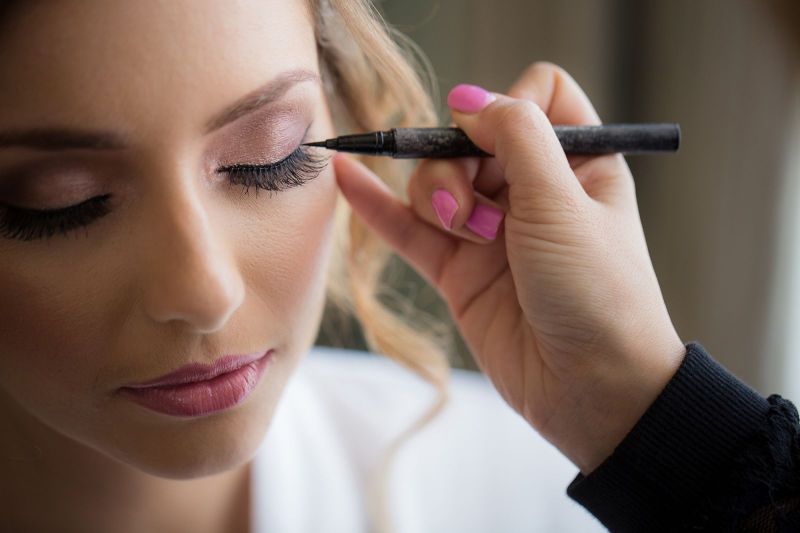When we first try our hand at flash photography, we tend to go too heavy on the flash. We get excited when we see that we’re no longer losing our subjects in the shadows. For a while, that’s enough. Later, we realize we can take even better flash photography portraits with a few quick adjustments, usually in the way of understanding light patterns and laying off the flash power a bit. Finally, we realize that we can use flash with artistic intention, balancing ambient light against our flash for dramatic effect. This is where flash photography gets interesting! Below, we’re going to share some tips from Lighting 101 to help you quickly understand how to balance ambient light vs. flash for dramatic effect in your portraits. Let the creative lighting begin!
Basic Breakdown for Natural Vs. Dramatic Effect

When we decide to add light to a scene, we need to determine whether we want the light to look natural or add a dramatic effect to the image. Basically, for a natural effect, we make our ambient light brighter and use less flash power on our subjects. This creates an image where the evidence of flash looks so minimal that it almost looks like we only reflected natural light. That is the goal for natural effect. To use flash for dramatic effect, we need to do the exact opposite. We darken our ambient light and brighten up the flash power (see the image and graphics above).
Let’s look at some examples to further illustrate our point and show you how to use flash for dramatic effect.
1. Using Flash to Create Dramatic Head Shot Portraits
In our first example, our subject wanted a dark and cinematic headshot for his acting portfolio. To start, we picked a location with a naturally darker background. For the image below, we found a spot underneath a bridge.

Once we’ve dialed in our ambient light exposure, we can add our flash. Because we wanted a dramatic look for our model, we chose a Rembrandt lighting pattern. These stark lines between shadow and light create a dualistic quality that translates into an emotion. With some direction towards our model we are able to portray a split personality kind of look, or good vs. evil. If we’d captured this image using only ambient light, we wouldn’t have been able to achieve this dramatic look for our model.

2. Using Flash for Dramatic Beach Sunset Portraits
In this example, the sun had just set on our beach location and our ambient light faded quickly. As you can see in the before and after images, our model becomes lost in shadow when we expose for the background. We bounced around ½ to ¼ flash power onto our model to create a very beautiful and dramatic shot.

If we were to shoot this image using only ambient light, we’d have to completely blow out the background to get our model properly exposed. In order to achieve a beautiful dramatic look, we simply need to first expose for the ambient background light and then add our flash for dramatic effect.

3. Using Flash for Dramatic Editorial Portraits
In the desert image below, we again shot after sunset. Because we decided to use flash for dramatic effect, we darkened our ambient light. As a result, the model looked like a silhouette against the sky. Using a silver reflector, we bounced our flash to give our light some direction. This produces a lovely dramatic sunset shot.


Conclusion
I hope you found these tips on how to balance ambient light vs. flash for dramatic effect helpful. To reiterate, when you balance for dramatic effect, simply lower the ambient light exposure and bump up the flash power. Generally, you will underexpose the background for tone and detail while powering the flash to light your subject in the lighting pattern of your choice. Go out and try it! Experiment with different lighting patterns and different camera exposures for many different looks.













